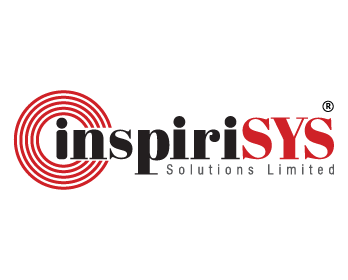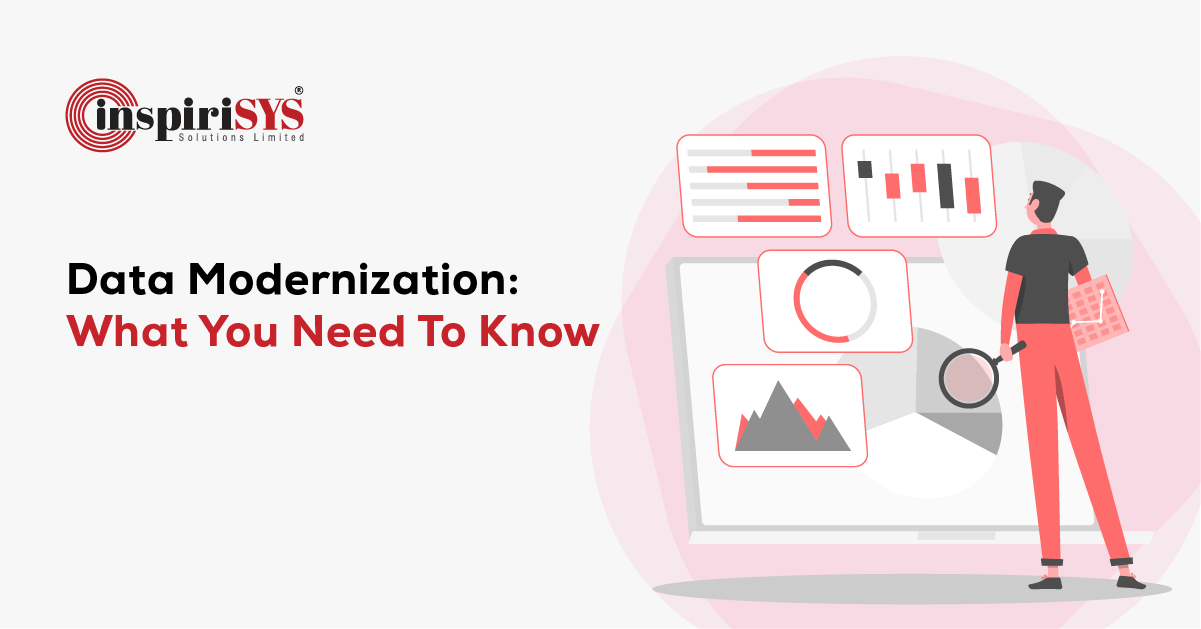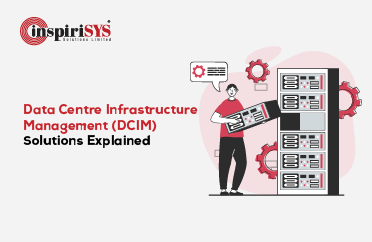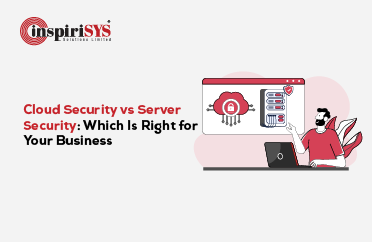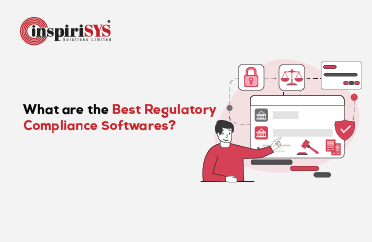Quick Summary: Data’s everywhere! If you want to stay ahead of the curve, then modernization is the only key to achieving business goals. It prepares the business to make informed decision-making and derive value. Discover data modernization, including its key components, modernization roadmap, benefits, emerging trends and strategies for successful implementation.
Data is a fundamental commodity for enterprises as it holds the power of decision-making. To stay ahead of the competition in the market landscape, organizations must ensure timely access to data. In the ever-evolving environment, data modernization increases business agility and speeds up processes.
What is Data Modernization?
Data Modernization is a strategy in which existing data is updated to keep ahead of the changing business needs. It encompasses the processes of data integration, data quality management, data governance and migrating the data to the cloud-based platforms.
So, what is the goal of data modernization?
It’s all about making your data smarter. Data modernization enables organizations to gain valuable insights, make faster decisions, reduce risks, and achieve customer satisfaction.
Before delving into the topic in detail, there are certain questions you need to ask yourself.
- What specific data or information does the team rely on most frequently?
- What are the specific features of data storage?
- Are there any on-premise elements that impact the performance of data-related tasks?
- What are the specific features of the data storage?
Key Components of Data Modernization
Data modernization plays an important role in enterprises and covers several key components. Let’s explore them further.
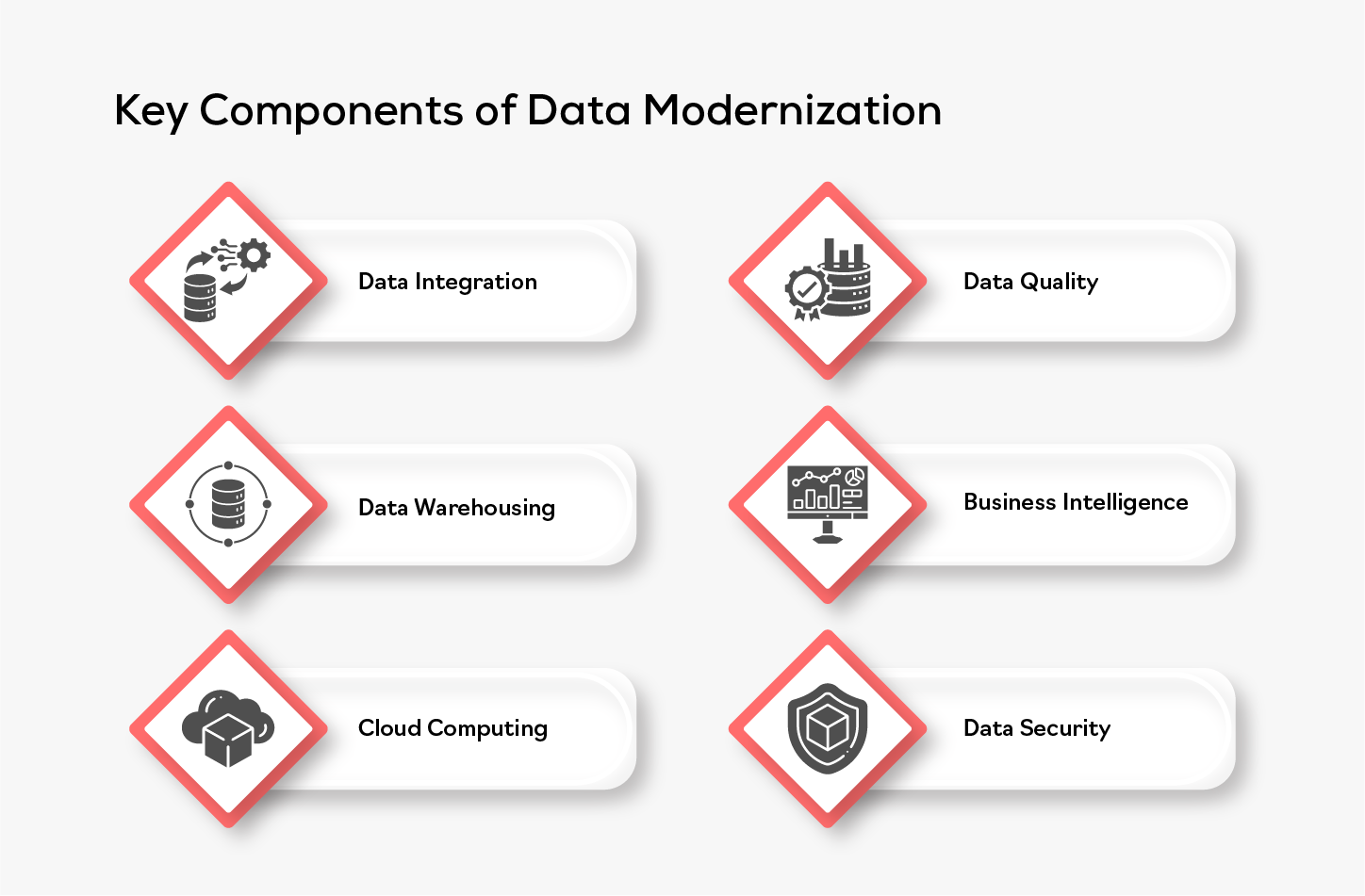
-
Data Integration
Data Integration combines data from various sources to provide a comprehensive view, facilitating data-driven decision-making. This solution enhances operational performance and efficiency through data analysis and reporting. Generally, data integration collects information from various sources, including:
- ERP systems
- Supply chain databases
- CRM systems
-
Data Quality
Data quality is the cornerstone of data modernization, ensuring data accuracy by removing duplicates, verifying information and fixing errors. This serves as the foundation for optimized processes across the organization.
-
Data Warehousing
Data warehousing empowers organizations to structure their data, enabling a faster time-to-market and facilitating collaboration among various teams. Data warehouse solutions are employed by various organizations to support various types of data that can support large volumes.
Ready to gain a deeper insight? Discover a detailed analysis of Data Lake vs Data Warehouse – Key Differences.
-
Business Intelligence (BI)
Data modernization enables organizations to leverage advanced business intelligence (BI) and analytics, extracting insights from stored data to unlock its full potential. Organizations employ techniques such as Predictive analysis, Machine learning, and Data mining to optimize operations and foster growth.
According to a survey conducted by Fortune Business Insights, the global business intelligence market were valued at USD 29.42 billion in 2023 and projected to reach USD 63.76 billion by 2032.
Explore how to use Business Intelligence to maximize your results to gain deeper insights.
-
Cloud Computing
Organizations often employ cloud computing within their data modernization strategy, as it offers various benefits like scalability, cost-efficiency and flexibility. Additionally, they also adopt big data technologies like Spark and NoSQL databases.
According to Data Bridge Market Research, in 2022 the future trend of the global cloud computing market was valued at USD 4,21,667.11 million and is expected to reach USD 14,78,603.93 million in 2030 at a CAGR of 15.0% from 2023 to 2030.
Learn more about the future of Cloud Computing. -
Data Security
Data security plays an important role in data modernization by ensuring security, compliance and data privacy. Organizations monitor data usage and establishes data access controls.
Delve into the importance of cloud Data security in the era of remote work.
Data Modernization Roadmap
By adopting data modernization, organizations bridge the gap of outdated infrastructure, offering scalability and data accessibility to support emerging technologies. Let’s understand the data modernization roadmap in detail:
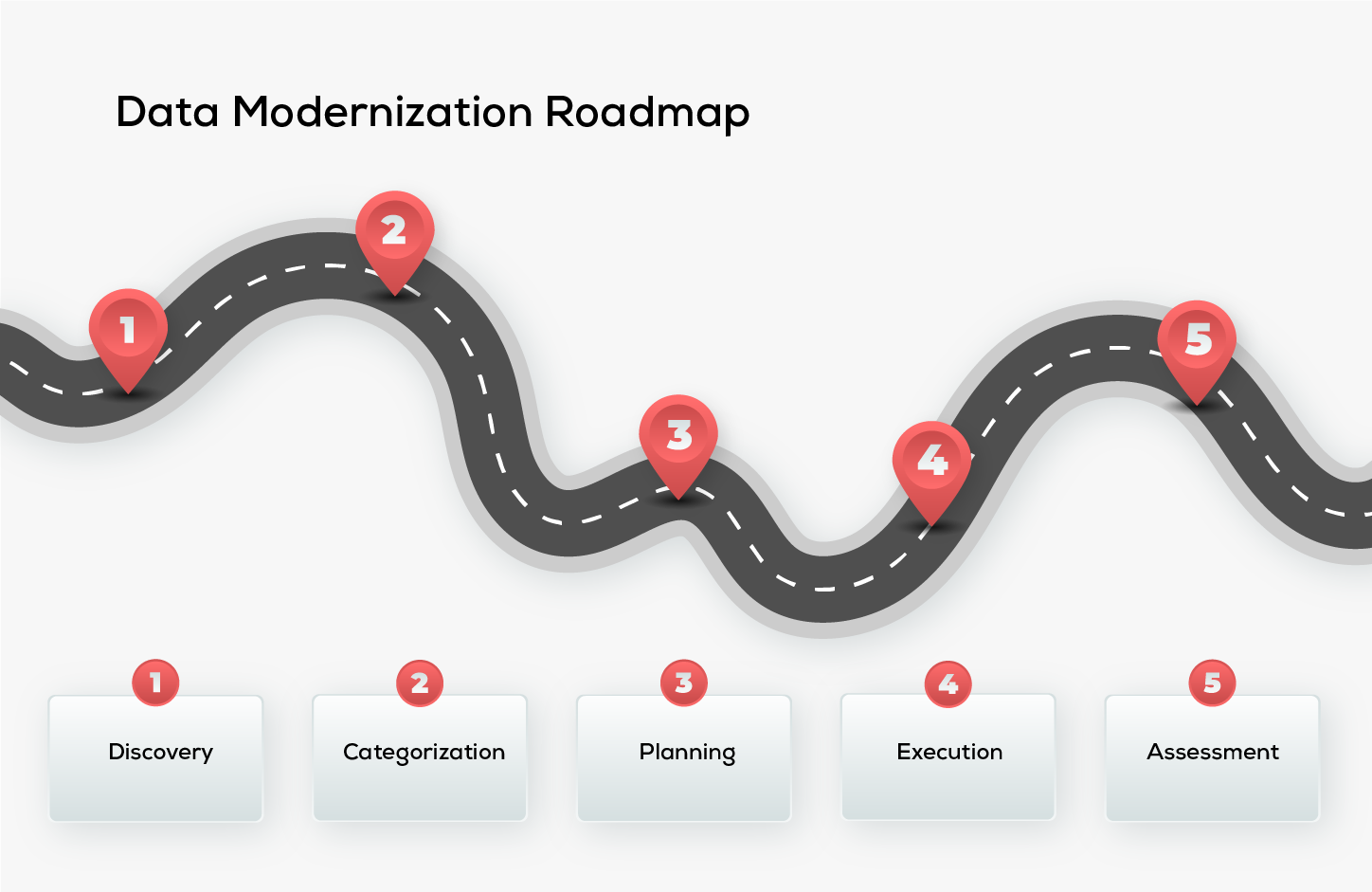
1. Discovery
The initial phase of data modernization aligns with business objectives and needs. The detailed analysis stands as a foundation for addressing business needs and infrastructure challenges, ultimately achieving the preferred results. The discovery phase is associated with identifying the data sources, methods, approaches and techniques that support the business.
2. Categorization
The initial phase of data modernization aligns with business objectives and needs. The detailed analysis stands as a foundation for addressing business needs and infrastructure challenges, ultimately achieving the preferred results. The discovery phase is associated with identifying the data sources, methods, approaches and techniques that support the business.
3. Planning
The third phase of data modernization is planning, which includes an outline of the modernization plan, and how to overcome them. By reducing application and system performance, organizations allow business continuity, which enables a smooth transition to the data environment.
4. Execution
The execution phase is important in data modernization, as it drives the desired outcomes. Every aspect is meticulously documented, capturing even the minutest details, thus enhancing the overall process.
5. Assessment
Organizations can identify areas for improvement, prioritize resource allocation, and boost the overall value which is delivered by data modernization initiatives. The assessment stage follows the evaluation of key performance indicators that drive desirable results.
Benefits of Data Modernization
As the market of data modernization has rapidly increased over the years, organizations are striving to keep the pace. Companies are now placing a greater emphasis on analyzing the value of data, which helps in understanding its significance.
Let’s discover the benefits of data modernization in detail
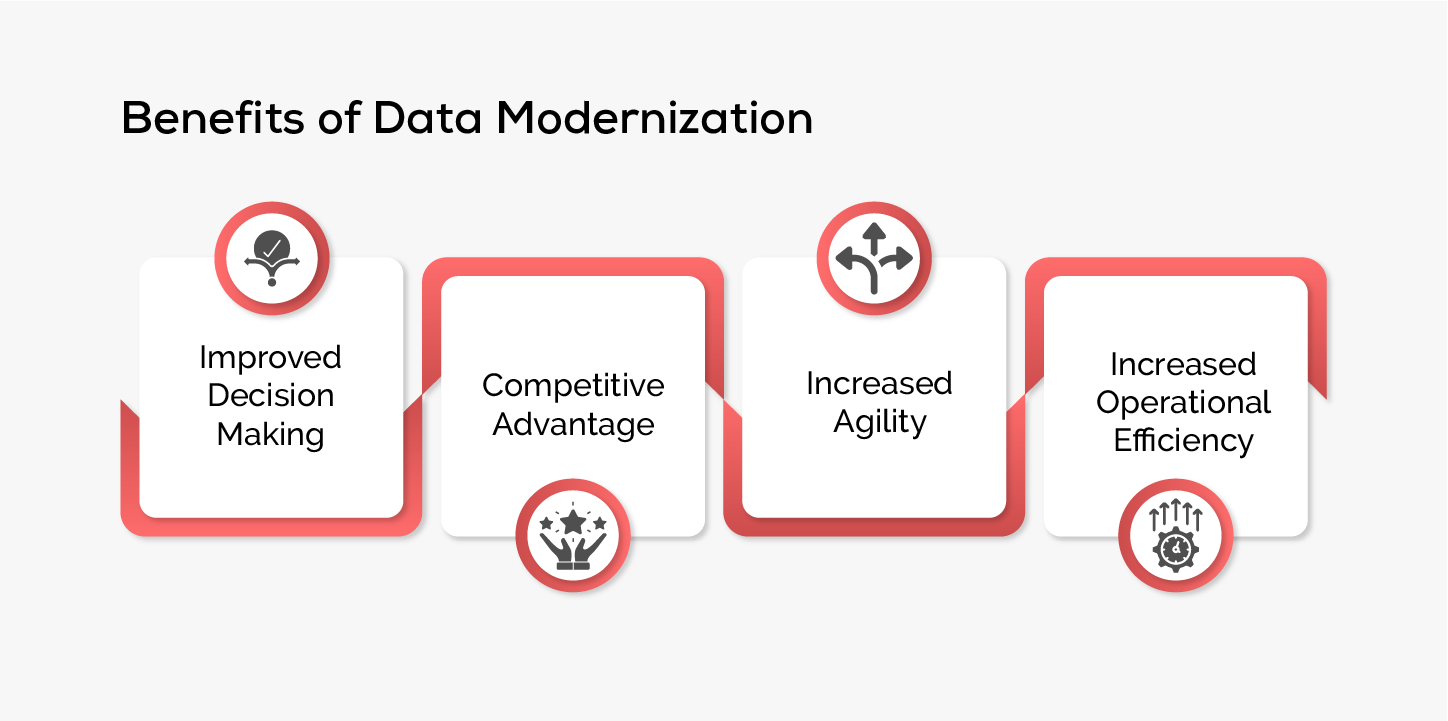
1. Improved Decision making
By utilizing data modernization, organizations can gain data accuracy and timely information that empowers teams to make informed decisions. Teams often get the potential to optimize decision-making, identify emerging trends and contribute to business growth.
2. Competitive Advantage
In today’s fast-paced world of digital transformation, gaining a competitive advantage can be challenging. However, employing data modernization can be a sigh of relief. This allows the teams to stay ahead of the curve, developing market trends and analysing customer choices.
3. Increased Agility
The availability of modern data platforms enables organizations to gain agility in the evolving business landscape based on the needs of the customer. Organizations get space to recognize new opportunities by investing in AI capabilities. This helps them be ahead of the race.
4. Increased Operational Efficiency
By adopting agile data governance and data structures, modern platforms allow organizations to respond to market opportunities and meet customer experience. It simplifies data integration and data cleansing process.
To gain a deeper understanding of the topic, read Data Modernization: A Comprehensive Guide
Trends in Data Modernization
In the ever-evolving digital age, businesses must try to re-evaluate their data management strategies to sustain in a competitive landscape. Modern organizations depend on data to land in success. Here are some of the trends in Data Modernization:
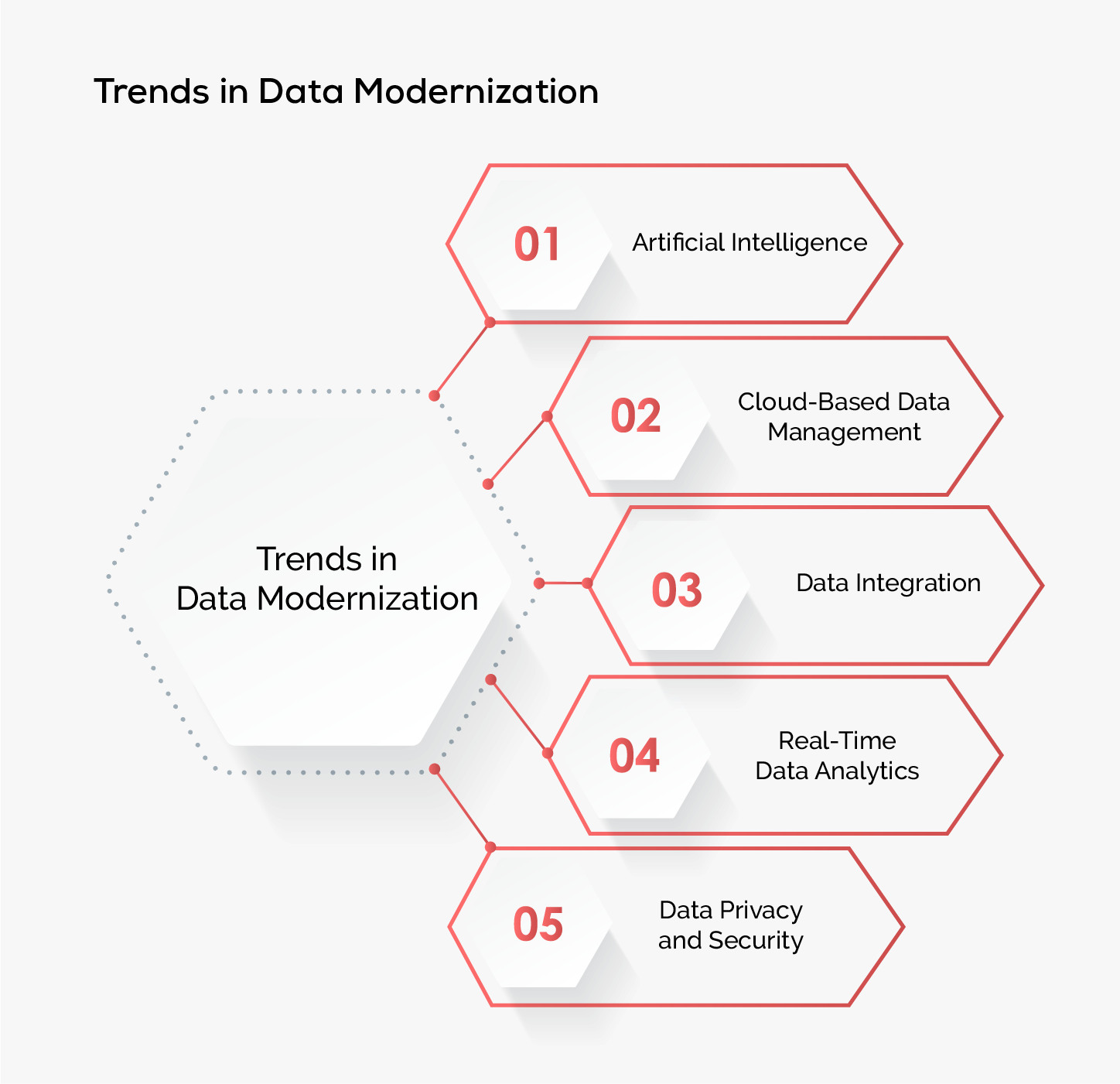
1. Artificial Intelligence
The methods of artificial intelligence play an important role in data modernization. These solutions offer advantages like boosting data quality, allowing predictive analysis and enabling iterations.
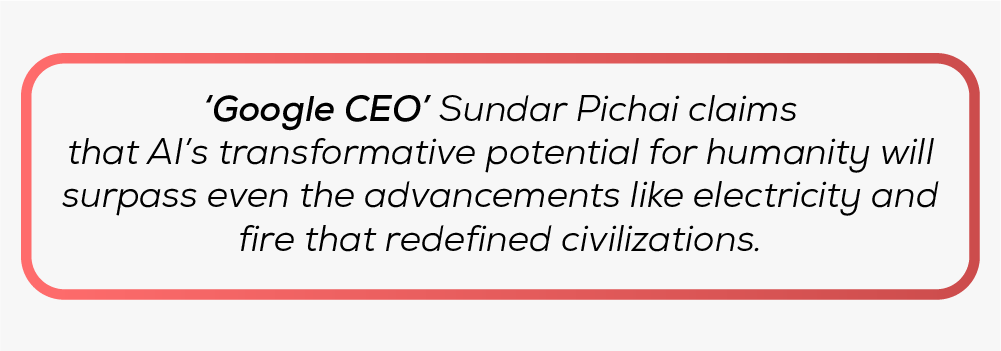
2. Cloud-Based Data Management
As cloud-based storage offers scalability at minimum costs, employing cloud platforms becomes crucial. The ability of cost savings and scalability allows businesses to migrate towards public and hybrid cloud environments at a faster pace.
3. Data Integration
In the world of modernization, organizations collect sources and examine them in real-time. It has added the advantages of better comprehensive systems.
4. Real-Time Data Analytics
IoT tools grant real-time access to analyse trends. Data modernization monitors the data and enables faster decision-making.
5. Data Privacy and Security
Due to the rise in the usage of data, the demand for security and data protection increases. The solutions of data management find ways to secure data and avoid data breaches.
Tips for Successful Data Modernization
Businesses need to adopt data modernization if their business objectives need to be achieved. Following the below-mentioned tips helps businesses to gain a positive impact in the market.
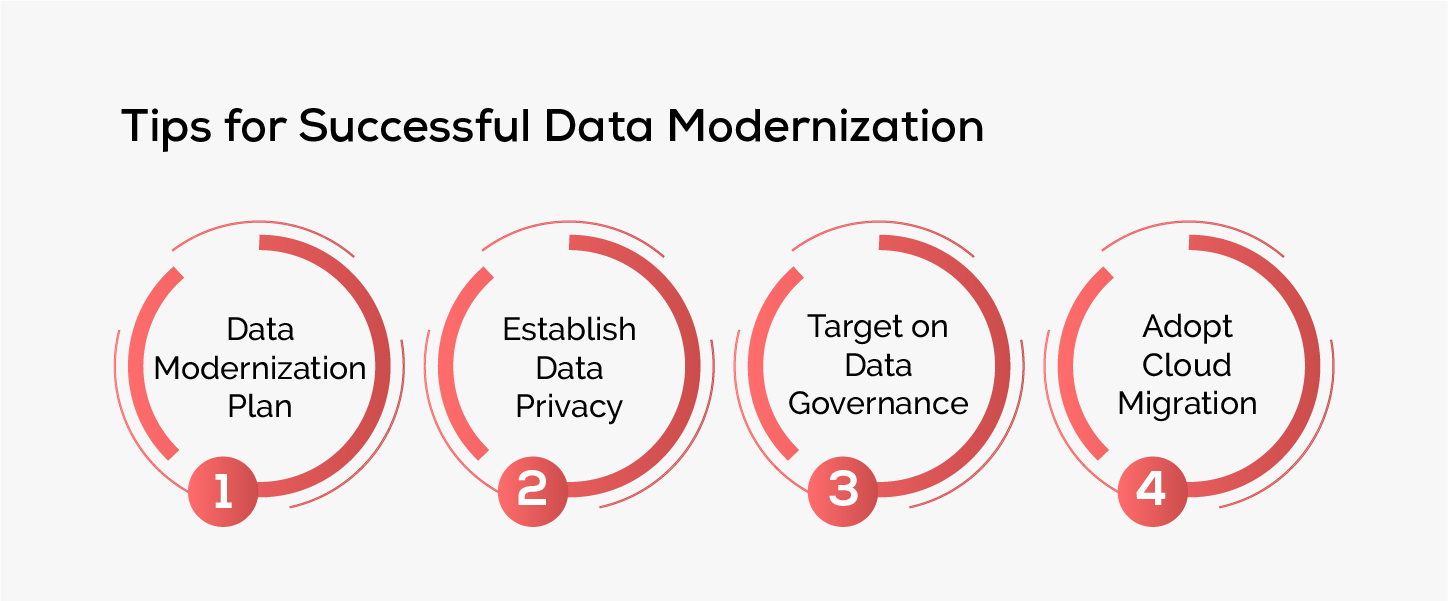
1. Data Modernization Plan
For effective data modernization, organizations need to follow the plan efficiently including objectives, budget, roadmap and costs. Additionally, the focus should lay on the detailed plan and risk assessment in case of potential data loss.
2. Establish Data Privacy
The predominant focus should be laid on data modernization, security and data privacy. To avoid threats, organizations need to consider factors like access control and authentication.
3. Target on Data Governance
Data governance plays an important role in the data modernization process. Executing data governance practices like data profiling, the transformation of data, and data catalogues ensures the accuracy and consistency of information.
4. Adopt Cloud Migration
Organizations use modern technologies to migrate their data to the cloud. Technologies such as machine learning offer advantages like cost-effectiveness, thereby enhancing decision-making power.
Closing Thoughts
In the evolving landscape of competition, organizations are actively seeking data modernization to meet evolving customer needs. As the technology undergoes rapid changes over the years, recent trends are emerging every year. One such trend is data modernization, which is driving the world forward. Thus, data modernization is vital for organizational success.
Executing data modernization acts as a fuel for organizational growth, igniting spark across the entire organization. Start your data modernization journey today to stay ahead of the curve!
Frequently Asked Questions
1. What is the difference between data migration and modernization?
Data migration is the process of transferring data between different locations, formats or application. It covers several key steps including data profiling, data cleansing, data validation and data quality assurance. Whereas data modernization is the process of updating the organization’s data ecosystem by offering benefits like flexibility, security and scalability.
2. Why is data modernization essential for digital transformation?
Data modernization plays an important role in digital transformation as it provides various benefits like driving innovation, efficiency and gaining competitive advantage. By prioritizing data, businesses can unlock decision-making, customer experiences and operational processes, leading towards a successful digital transformation.
3. How does advanced analytics contribute to data modernization?
Advanced analytics are the keystone for data modernization. It allows businesses to gain valuable insights that is impossible with traditional methods. By applying the machine learning algorithms to modernized data sets, businesses can drive growth and gain success.
4. What are the challenges a company might face during data modernization?
Companies may face several challenges during data modernization including data quality issues, integrating legacy systems with new technologies and employees’ resistance to change.
5. Does data modernization improve data security and compliance?
Yes, data modernization can improve data security and compliance. The modern data management systems store and manage data. It ensures security by incorporating features like access control, audit trails and encryption. In conclusion, it ensures that the information is protected against data breaches.

